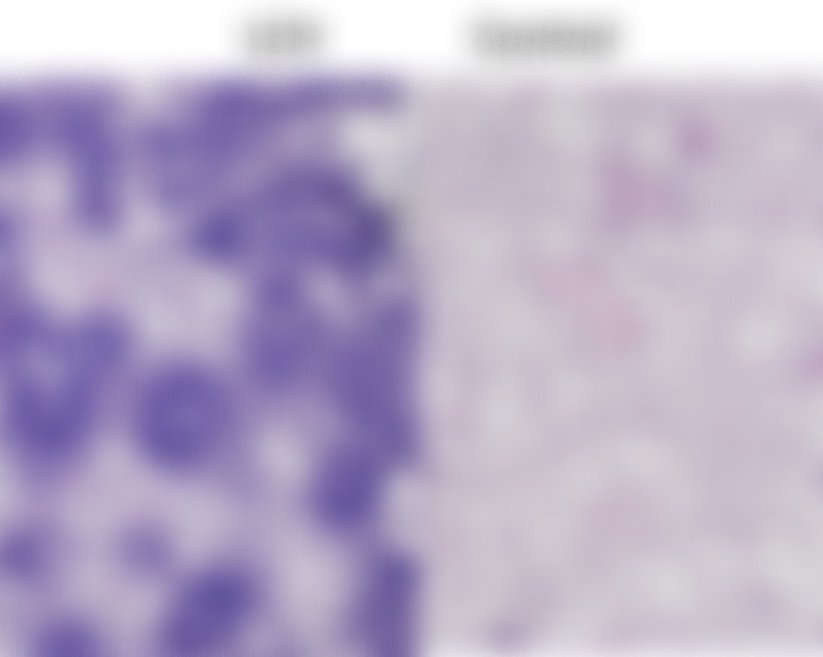
Langerhans Cell Histiocytosis
Langerhans Cell Histiocytosis
Collaboration with Drs. Allen and McClain’s groups at Texas children
Langerhans-cell histiocytosis (LCH) is the most common disorders of tissue mononuclear phagocytes. LCH encompasses several conditions characterized by the aberrant function, differentiation or proliferation of mononuclear phagocytes that express somatic activating gene mutations in the mitogen-activated protein kinase (MAPK) pathway . LCH has a widely variable clinical presentation, ranging from single indolent lesions to explosive multisystem disease. Although clinical outcomes have steadily improved over the past decades, the current standard-of-care is chemotherapy but this fails to cure more than 50% of children with high-risk disease, and the majority of patients have long-term consequences.
Our laboratory, together with our long term collaborators Drs Carl Allen and Ken McClain, showed for the first time that LCH was not a disease of Langerhans cells or other tissue phagocytes but instead results from dysregulated myeloid cells that promote the differentiation of inflammatory mononuclear phagocytes that The focus of our laboratory is to continue to explore how MAPK pathway mutations in bone marrow precursors drive the phenotype of the lesional cell, and how these LCH cells lead to destructive lesions.
Key references:
